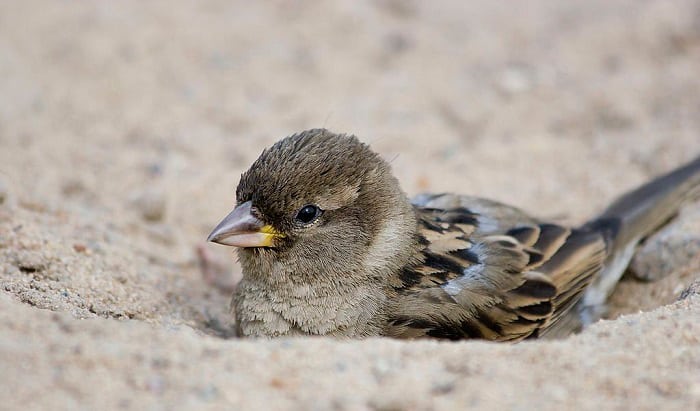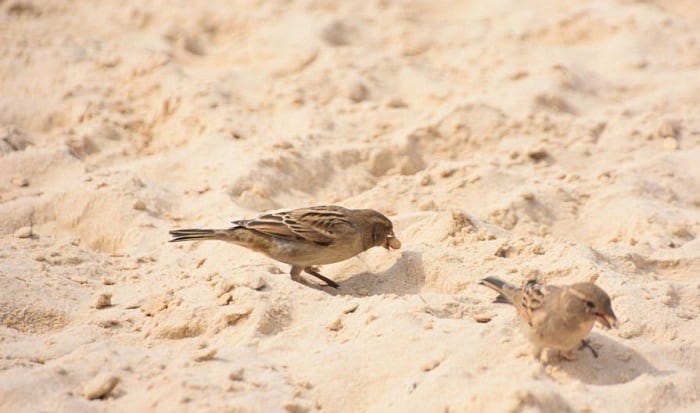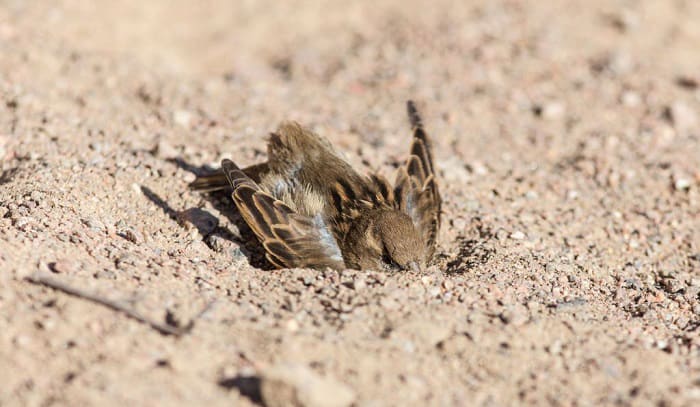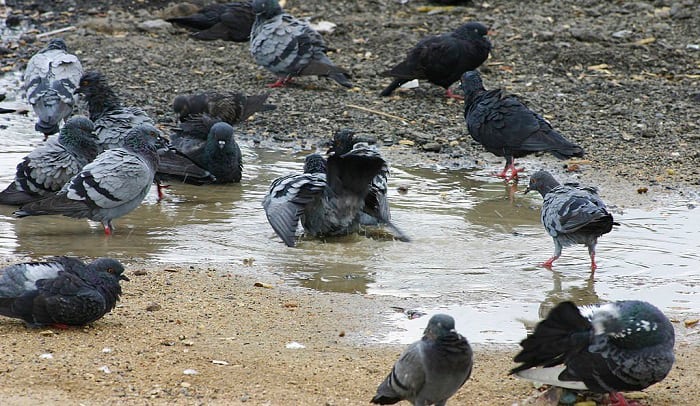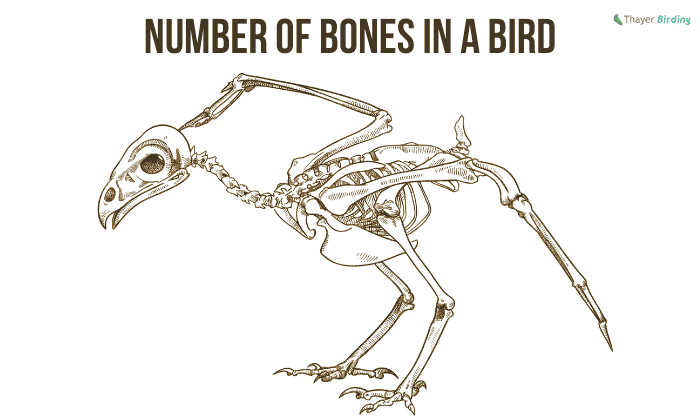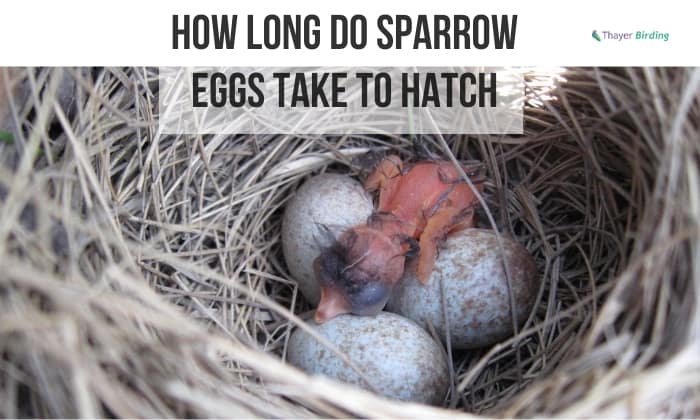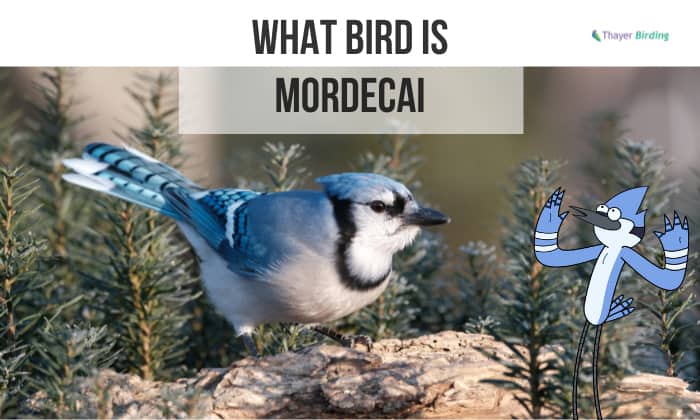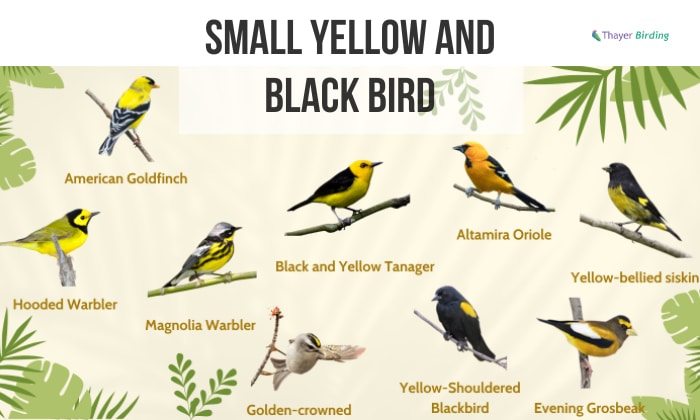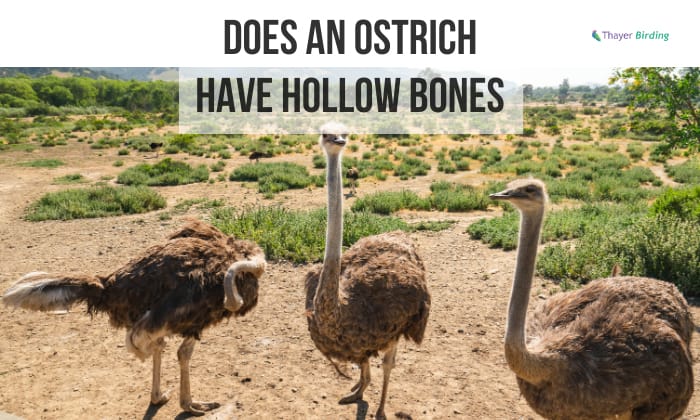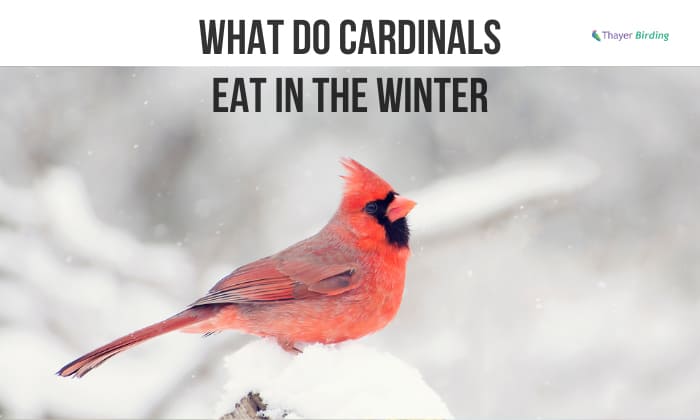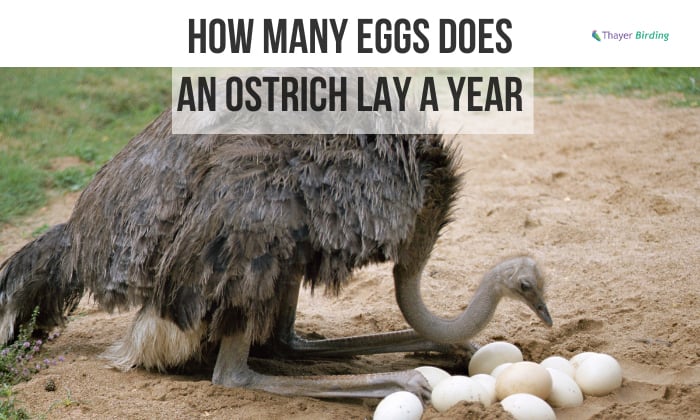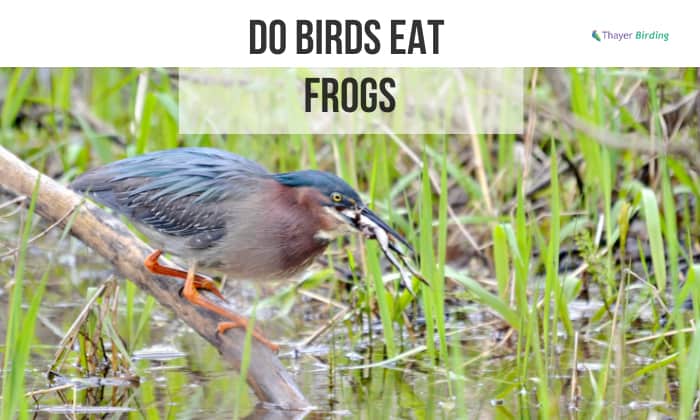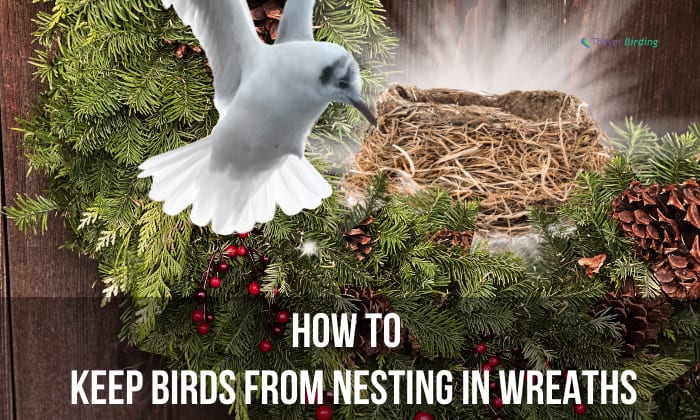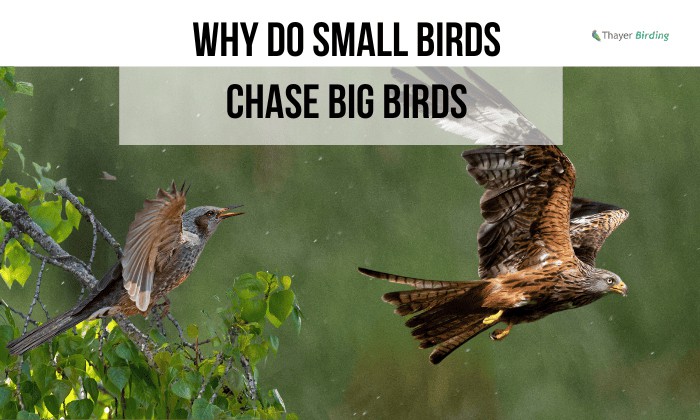From a long century of evolution, avians surely know how to stand out among other vertebrates. From their feathery appearance to their peculiar behaviors, they certainly have the skills to keep the crowd amused.
So, why do birds take dirt baths? They do it for the sake of hygiene! Their feathers remain free from grease and parasites, all thanks to dirt baths.
Continue reading as we dive more into the hole of the dirt bath for birds.
Table of Contents
Dirth Bath is a Part of Their Preening
For your information, birds take dust baths to maintain their plumage to its best condition. Dirt baths can also be called dust baths, sand baths, or dusting. The word itself already makes it sound contradicting. But in reality, a dirt bath is an essential step in a bird’s preening process.
A dirt bath works as birds roll in dirt, getting all that dust into their feathers which absorbs extra oil and removes dry skin.
Keeping their feathers from having excess oil makes it efficient for them to fly and thermoregulate. These oil-soaked dust will then be shed easily as they shake off their tiny bodies.
Regular dusting also smoothens their coat by removing dry skin while also reducing the chance of parasites leeching on their body.
The Bird’s Way of Bathing
If you have ever seen birds take dust baths, they may seem to be just playing around.
But this isn’t just playtime as it takes effort for their petite feet to do the work.
- They often choose suitable dry, fine dirt or sand nearby. Then, using their feet to create a wallow, they will scrape it out to make an indention.
- After creating the hole, birds roll around in the dirt by lowering their breast area and squirming left and right. Their wings, including their tail, spread to cover their feathers in the dust.
- This energetic motion can include rubbing their head into the ground to bathe their cheeks. Birds can repeat these movements several times until they are satisfied with the coating.
- Now that it is time for drying, they will not need fancy towels as humans do, but they simply just shake off their whole body to remove the dust.
- At last, the dust bath is finished and they are ready to take off for a smoother flight!
The Origin of Dirt Baths
Birds cleaning themselves utilizing dusting seems to be an unusual way of hygiene. So, who taught them this method in the first place?
The answer lies in their years of evolution! It is unclear whether birds can feel disgusted by their feather’s condition, but what is for sure is they have the “hygiene genes” which give them the urge to clean themselves to avoid the threat of parasites.
Bluebirds, sparrows, and robins are great examples of birds who partake in dusting. Specifically, sparrows roll in dirt more frequently in the family of songbirds.
Dust bath for wild birds is just the same as for other birds. Famous game fowls such as chickens, wild turkey, and South Dakota’s state bird, ring-necked pheasants, also enjoy these dirt baths.
FAQ
Best time to take a dirt bath
Birds have these intricate and wonderful feathers to be taken care of meticulously. Even though they do not have a specific schedule for dusting, they do clean whenever it feels necessary.
- This habit mostly takes place in the middle of the day.
- Additionally, it may happen more frequently in the summer to conserve water for drinking.
Do all birds take dust baths?
The answer is no. Sparrows, wrens, bluebirds, and robins are the common species that love a good dust bath.
Dust baths can be an alternative for some birds living where the water source is scarce. About 200 bird species on this planet are documented to take dusting.
While some birds bathe in groups where a bigger place is available, others prefer to dust alone.
Why is it important for birds to keep their feathers clean?
It was already mentioned that dirt baths are good for maintaining birds’ plumage conditions. So, when the bird does not dust or loses the ability to dust, it might suffer fatal consequences.
Aside from irritation, on top of the health problem list is infection. This infection does not only come from parasites like mites or lice but can range from microorganisms like bacteria from urine and feces.
One of the most common bacterial infections for birds is staphylococci. This can cause skin redness, weakness, and even loss of appetite.
Uncleaned feathers can also make the bird prone to illnesses such as cancer and avian malaria.
So, the next time you see birds taking dust baths, let them roll in the dirt and simply observe their energetic activity.
How to make a dust bath for backyard birds?
Since they will be unlikely to dust where it feels unsafe, you have to choose an open area where there is sunlight.
If you have soil in your backyard, rake the area to loosen the top layer. But a sizable durable container will also work. With drainage holes at the bottom of the container, fill it with loose and dry sand.
These holes will make it less hassle to maintain the container. You can leave it in the chosen area or take it home before it rains to keep it dry.
Can I dust bath my pet bird?
Cleanliness matters for our feathered friends, so offering them a bath will be appreciated. You can make your dust bath and offer it during playtime as long as you will not force them.
Conclusion
Watching birds play in the dirt is quite a messy but adorable scenario. But knowing why do birds take dirt baths gives us a hint on how they take care of their feathers.
Now that you know dusting is part of birds’ preening, making them free from grease, parasites, and illnesses, we hope you will remember that beautiful and healthy feathers are all thanks to that peck of dirt!
Moreover, discover other topics that are related to birds:
- The place does kiwi birds live.
- Some types of birds look like a cardinal but are not.
- What type of bird are ari and their facts?

George and I became friends after a birdwatching trip with our new group. And we have been enjoying every adventure together. When he told me the idea of establishing a site that shares our experiences and fun, I immediately agreed. After trials and errors, here we have Thayerbirding.


